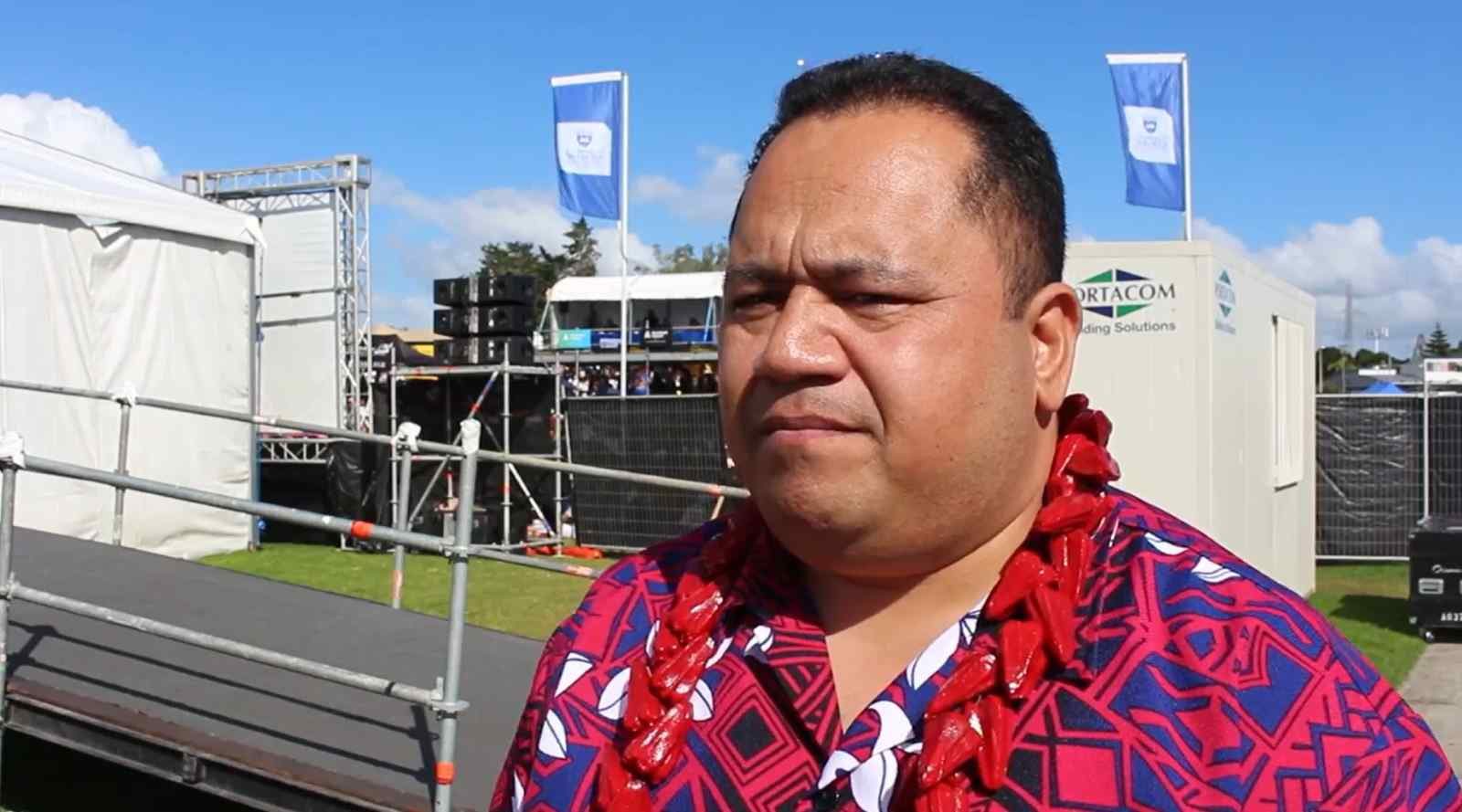A Samoan lecturer at Auckland University says ChatGPT can’t do “face to face” sessions needed in language teaching

Is ChatGPT the future of language learning? By Auia Vaimaila Leatinu'u for Pacific Media Network.
Will artificial intelligence (AI) replace the role of a language teacher? One Samoan language teacher says no.
ChatGPT is an AI chatbot which is causing waves around the world for its ability to provide users highly specialised answers to a range of subjects, including being able to write detailed essays and articles on almost any topic.
Where some have praised ChatGPT for how advanced the technology is, others have criticised it for threatening job security.
Additionally, Massey University science communication lecturer Collin Bjork, recently wrote about how ChatGPT is a threat to langauge diversity, as its algorithm prioritises the "Queen's English over other languages and ways of writing”.
Samoan language lecturer at Auckland University, Lemoa Henry Sevesi Fesulua'i (Vailoa in Palauli, Salelologa, Vaimoso, Safune), says artificial intelligence like ChatGPT can be a threat if it feeds into "one dominant language”.
"It could diminish the value of our languages, however, as a teacher we tend to try to use resources such as Google translate," Lemoa says.

Recently universities activated software that could detect the use of AI in assignments with a 98 per cent accuracy rate to flag students for cheating.
Lemoa says that this is unlikely to be an issue as the context of language remains important, where Samoan has formal, informal and written structures that differ from one another.
"If you chuck in an English paragraph to be translated to Samoan it will be something totally different because it follows that dominant algorithm of language."
Lemoa says they use various teaching tools, such as textbooks and audios, including "authentic spaces" like sessions in the university’s Fale Pasifika.
"You can't get that with AI because it's kanohi ki te kanohi (face to face); Fa'asaga atu, fa'asaga mai (face to face)."
But ICT technician for Hilton Foods New Zealand, Junior Boon, says AI programmes like ChatGPT could threaten job security.
"It could replace jobs but not anytime soon," Boon says.
"Just looking at how fast, smart and accurate this thing is. And you can make it work twenty-four seven without pay."
He says his team uses ChatGPT to assist with basic script-writing, exhibiting how AI has potential to both assist workers and generate new job opportunities.
"It's one of those things where it depends on how you use it. You can't rely on it all the time," he says.
Boon has worked in the industry for over eight years, where in his previous role of five years he had managed schools across Tāmaki Makaurau like Tangaroa College and Papatoetoe High School.
He says although ChatGPT is impressive it is not perfect as it misses dialectal components that can make or break student learning.
"Let's say you have a teacher from South Auckland that teaches in South Auckland," Boon says.
"They can use language and slang that keeps kids engaged and get them to understand what they're talking about. But if you use ChatGPT it's going to sound like what it is - a robot."
Lemoa shares the same sentiment but says that if the day comes that artificial intelligence can sustain language respectfully then he is all for it.
"With any translation some of our students, translators or interpreters can make it too literal as they follow the English structure without knowledge of the Samoan structure," Lemoa says.
"That's what our people are concerned about. Is it done the right way? Is it done respectfully? Is it upholding our values?"
"At the end of the day, we're not robots. And that's what makes us different when we teach these language programmes."
This article was first published by The Pacific Media Network and is republished with permission of https://pacificmedianetwork.com/\


comments